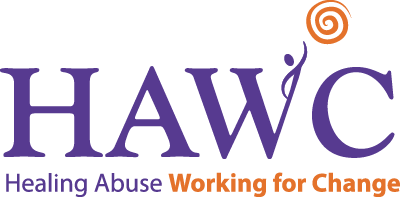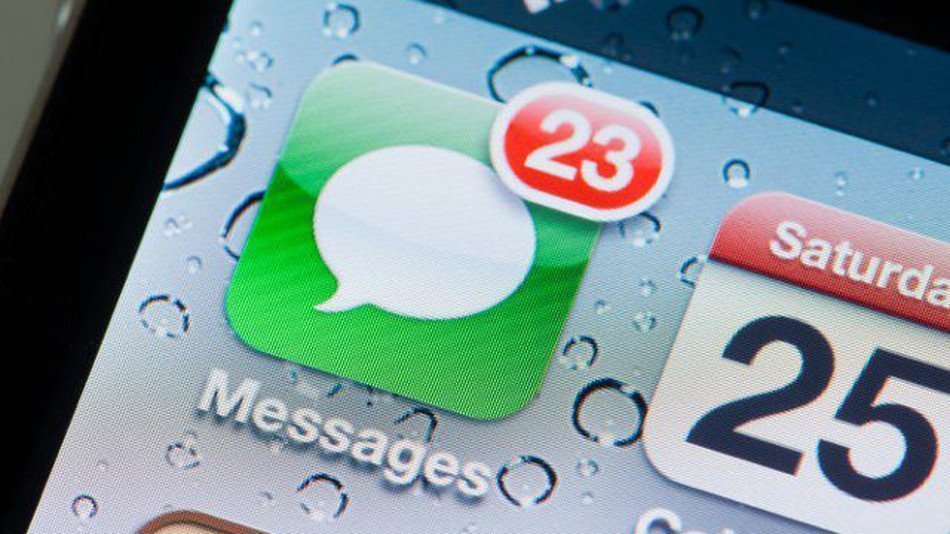Text messaging has gradually become an essential aspect of most people’s daily life.
In fact, young people (aged 12 to 17) send over 100 texts a day. Because technology allows us to connect with people all over the world, communicating with friends, families, and partners can be much easier and much more immediate than it ever has been before. Unfortunately, text messaging and other forms of instant communication also provide a new avenue for gaining power and control over another person, potentially leading to abuse.
Not always easy to spot, abusive or harassing text messages can often be misconstrued as normal. Knowing what to look for might be the key to keeping yourself safe from digital abuse as well as future physical, emotional, or mental violence. To understand if the text messages you’re receiving may be considered abusive, consider the following red flags:
- Constant questioning and threatening
- Frequent jealous comments or excessive anger interspersed with overly loving texts
- Asking for your exact location and demanding photographic evidence
- Sending explicit photos without your permission
- Demanding that you respond to text messages immediately
- Checking your phone without your permission to see what you’ve been up to
Respect is the major difference between a healthy partner texting throughout the day and abusive partners using texts to harass their partners. No matter what your situation is, know that you have the right to your privacy: no one can demand your phone password or read your text messages without your permission, and boundaries are essential to living a happy, healthy life with your partner.
If you feel unsafe initiating a conversation about healthy communication, consider calling HAWC’s 24-Hour Hotline at 1-800-547-1649 to assess the health of our relationship and develop a safety plan, if needed.


